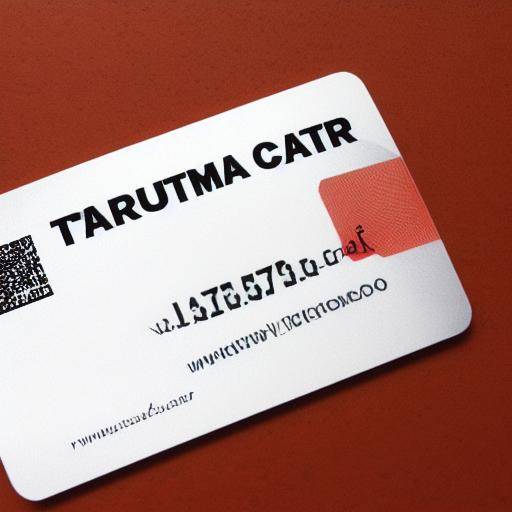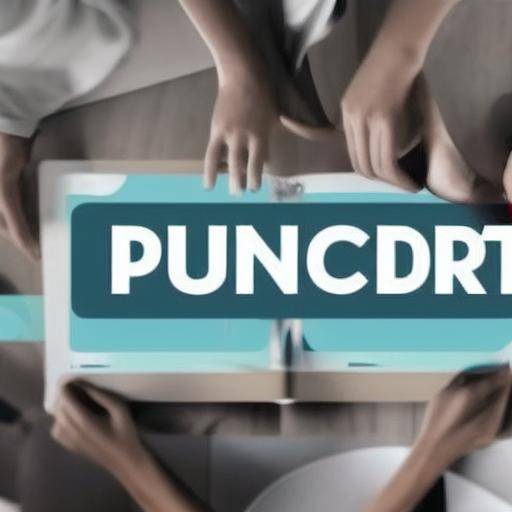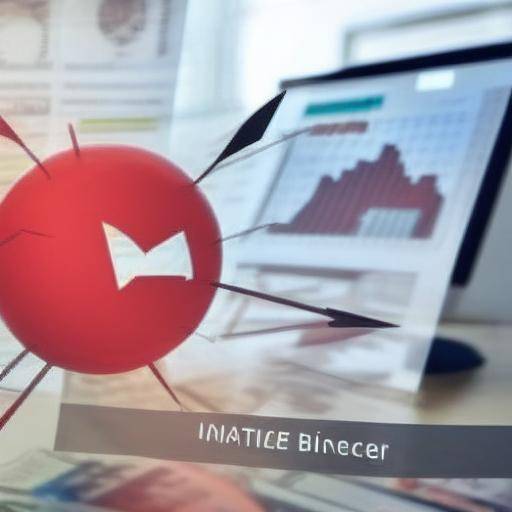
In financial life, one of the most important metrics that affect our chances of getting a loan, a credit card or a mortgage is our credit rating. This score, also known as credit score, is a numerical assessment of our credit history that financial institutions use to determine our reliability in debt payment. It is essential to understand how certain actions, such as debt settlement, can positively affect our credit rating, as well as strategies to improve it.
Introduction
Debt management and its impact on credit rating is a crucial issue in personal financial planning. In this article, we will explore the effect of liquidating debts on your credit score, as well as strategies to improve and understand your credit rating.
History and Background
The credit rating has evolved significantly over time. Since its inception in the nineteenth century, when traders assigned subjective scores to consumers, until the development of more sophisticated rating models in the twenty-first century, such as the FICO Score and the VantageScore, the credit assessment has undergone major transformations. Modern credit rating systems use complex algorithms that consider various factors, such as payment history, debt balance, duration of credit history and the amount of open accounts.
It is important to note that debt cancellation has been an issue of debate in the credit world. While some defend their benefits for improving credit rating, others warn of possible short-term negative consequences. Understanding the historical evolution of the credit rating allows us to appreciate its complexity and its importance in the financial field.
Detailed Analysis
Debt settlement can have a significant impact on your credit rating. Historically, the presence of unpaid debts or collections may have a harmful effect on your credit score, as it demonstrates a lack of capacity to meet financial obligations. When you settle a debt, you show financial responsibility when you settle the debt, which can have a positive effect on your credit rating. However, it is important to consider that the liquidation process can leave a negative mark on your credit history, at least in the short term.
An effective strategy to improve your credit rating is to establish a timely and consistent payment history. By liquidating debts, you reduce your financial burden and the amount of outstanding debts, which can improve your debt-income ratio, a key factor in evaluating credit rating. In addition, the reduction of outstanding debts may decrease the use of credit, another relevant aspect in credit rating models.
Comprehensive review
It is essential to understand the implications of liquidating debts in credit rating and how to improve it in a sustainable way to achieve long-term financial goals. While debt cancellation can provide immediate benefits, it is crucial to adopt healthy financial practices to maintain and strengthen a sound credit rating. Responsible credit management, regular monitoring of credit reports and strategic financial planning are essential elements for maintaining a favourable credit rating.
Comparative analysis
Debt settlement, improved credit rating and understanding of qualification processes are interconnected aspects that require detailed evaluation. It is important to consider not only the immediate benefits of liquidating debts, but also their long-term impact and their relation to the overall management of credit.
Practical Tips and Accessible Recommendations
Some practical recommendations for improving credit rating include:
- Regularly monitor your credit history to identify possible errors or inconsistencies.
- Establish a financial budget that allows you to effectively manage your de### Industry Insights and Expert Reviews
The views of experts in the financial field are valuable in understanding the impact of debt cancellation on credit rating. Experts highlight the importance of maintaining a balance between debt management and building a solid credit history. Debt settlement can be an effective tool to improve credit rating, but it must be accompanied by comprehensive financial planning that includes the establishment of an emergency fund, the diversification of credit sources and the control of spending habits.
Understanding the perspectives of experts in the financial industry gives you key information to make informed decisions about debt management and improving your credit rating.
Case Studies and Practical Applications
The visualization of real case studies that demonstrate how the liquidation of debts has positively impacted the credit rating of individuals can provide a clear understanding of the concrete benefits. Such cases may illustrate how debt settlement has paved the way for concessional loans or long-term financial targets. The analysis of these real cases will allow you to identify successful strategies and apply them to your personal financial situation.
Future Trends and Predictions
Future trends in the area of credit ratings are aimed at further integration of alternative data into rating models, as well as an approach to financial inclusion and credit equity. Technological advances are expected to continue to impact credit assessment, providing opportunities for a more accurate and equitable evaluation of credit capacity.
Conclusions and FAQs
Conclusions
In short, debt cancellation can have a positive impact on credit rating by demonstrating financial accountability and reducing the burden of outstanding debts. However, it is essential to complement the liquidation process with healthy financial practices and comprehensive credit management to ensure sustainable improvement in credit rating.
Frequently asked questions
1. Does the debt settlement negatively affect my credit rating?
Debt settlement may have a temporary impact on your credit rating, as it may leave a negative mark on your history. However, in the long term, debt cancellation can help you improve your credit rating by reducing the amount of outstanding debts.
2. How long does it take to reflect the improvement in my credit rating after liquidating a debt?
The exact time varies according to various factors, but it is usually possible to see improvements in your credit rating in a few months after you settle a debt, especially if you keep a consistent payment history.
3. Is the debt settlement the only way to improve my credit rating?
No, there are other strategies to improve your credit rating, such as maintaining a low level of debt, maintaining a diversity of credit types, and using credit in a responsible way.
4. Can I negotiate the debt settlement with my creditors?
Yes, in some cases, it is possible to negotiate the settlement of debts with creditors. However, it is essential to understand the terms and conditions of such negotiations in order to avoid possible negative consequences on your credit rating.
5. Is the debt settlement adequate for all financial scenarios?
The decision to settle debts should be carefully assessed on the basis of your specific financial situation. In some cases, it may be beneficial, while in others, it may have short-term negative impacts.
6. What role do credit reporting agencies play in debt settlement?
Credit reporting agencies record the information related to debt settlement in your credit history. It is important to regularly monitor your credit report to ensure that it accurately reflects the current state of your debts and the liquidation thereof.
Conclusion
The effect of the debts paid on your credit score is a complex issue that requires careful understanding and management. Debt settlement can have a positive impact on credit rating by demonstrating financial accountability and reducing the debt burden. However, it is essential to complement this process with healthy financial practices and comprehensive credit management to ensure sustainable improvement in credit rating.
This article provides detailed information on how debt cancellation can influence your credit rating, strategies to improve and understand it, as well as an overview of future developments and trends in the area of credit rating. By adopting informed and conscious financial practices, you can take advantage of debt settlement as an effective tool to strengthen your credit health and meet your financial goals.
Remember that the information provided in this article is indicative and generic. It is always advisable to consult with a financial advisor or credit expert to obtain personalized advice in your particular situation.
With this deeper understanding of debt settlement and its impact on credit rating, you are better equipped to make informed financial decisions and work towards sound credit health.

























